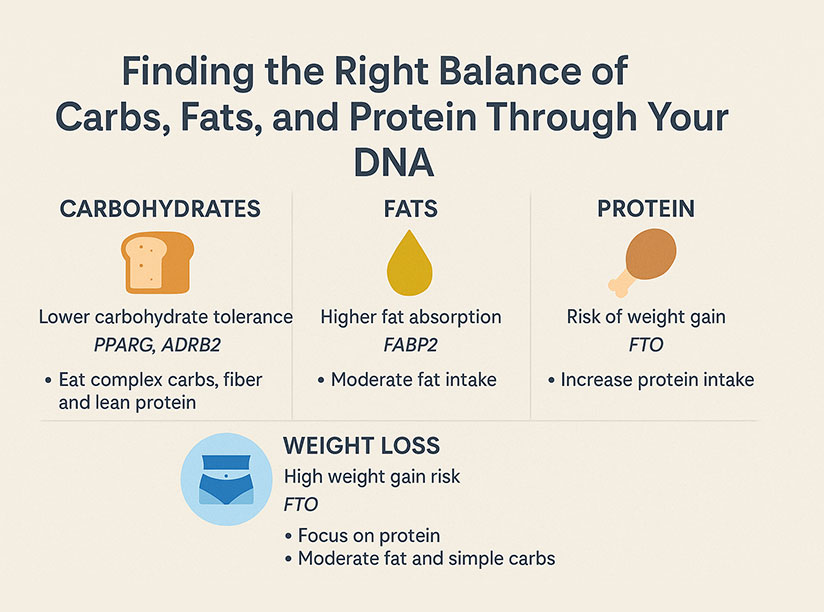Interview multiple candidates
Lorem ipsum dolor sit amet, consectetur adipiscing elit proin mi pellentesque lorem turpis feugiat non sed sed sed aliquam lectus sodales gravida turpis maassa odio faucibus accumsan turpis nulla tellus purus ut cursus lorem in pellentesque risus turpis eget quam eu nunc sed diam.
Search for the right experience
Lorem ipsum dolor sit amet, consectetur adipiscing elit proin mi pellentesque lorem turpis feugiat non sed sed sed aliquam lectus sodales gravida turpis maassa odio.
- Lorem ipsum dolor sit amet, consectetur adipiscing elit.
- Porttitor nibh est vulputate vitae sem vitae.
- Netus vestibulum dignissim scelerisque vitae.
- Amet tellus nisl risus lorem vulputate velit eget.
Ask for past work examples & results
Lorem ipsum dolor sit amet, consectetur adipiscing elit consectetur in proin mattis enim posuere maecenas non magna mauris, feugiat montes, porttitor eget nulla id id.
- Lorem ipsum dolor sit amet, consectetur adipiscing elit.
- Netus vestibulum dignissim scelerisque vitae.
- Porttitor nibh est vulputate vitae sem vitae.
- Amet tellus nisl risus lorem vulputate velit eget.
Vet candidates & ask for past references before hiring
Lorem ipsum dolor sit amet, consectetur adipiscing elit ut suspendisse convallis enim tincidunt nunc condimentum facilisi accumsan tempor donec dolor malesuada vestibulum in sed sed morbi accumsan tristique turpis vivamus non velit euismod.
“Lorem ipsum dolor sit amet, consectetur adipiscing elit nunc gravida purus urna, ipsum eu morbi in enim”
Once you hire them, give them access for all tools & resources for success
Lorem ipsum dolor sit amet, consectetur adipiscing elit ut suspendisse convallis enim tincidunt nunc condimentum facilisi accumsan tempor donec dolor malesuada vestibulum in sed sed morbi accumsan tristique turpis vivamus non velit euismod.
In summary:
- Did you know that your genes can make you a sweet tooth?1,2 Your tendency to be obese is probably due to your genetic predisposition to like sugary and savoury food.
- Food-liking is a complex trait, clearly influenced by genetic inheritance3, biology, psychology4, the surrounding environment5, branding6, and culture7.
- May-Wilson et al analysed if there are genetic factors underlying the liking of 139 food items in 161,625 British participants.
- Interestingly, highly palatable food items such as savoury caloric (meat, deep-fried, carbohydrates, and sodas) and desserts (milky sweets, cake and biscuits, fruit juice and fatty dairy) were genetically clustered together, independent from “Acquired (e.g. fish, wine, cheese, etc)” and “Low-calorie (e.g. healthy and vegetarian)” items.
- The genome-wide search for genes associated with food likings identified very well-known genomic regions, such as the obesity-related FTO gene. This suggests that the FTO gene controls not only obesity, but also your liking of high energy food items.
- Also, the liking of “highly palatable” items was more significantly associated with obesity indices, such as waist circumferences, body mass index (BMI), and body or trunk fat percentages, and associated with jobs that involve mainly walking and standing, and jobs that involve heavy manual or physical work.
- They also found that the liking of such highly-palatable food is linked to specific parts of our brain that is related to pleasure processing, while liking the low calorie or strong taste (“acquired”) food is linked to the part of the brain related to decision making.
- They identified several specific genes that are associated with liking alcohol and highly caloric food, which helps us understand why it is not easy to control your own eating habits.
Find out more:
- With MyDigitalTwin, manage your health goals better by understanding why it is so difficult to control your appetite for highly palatable foods.
- MyDigitalTwin is building a platform to inform you if you are predisposed to like sweet and fatty foods, or drinking alcoholic beverages.
Sources:
- https://www.technologynetworks.com/
neuroscience/news/a-taste-for-weird-food-may-be-written-in-our-genes-364801 - May-Wilson S, Matoba N, Wade KH, Hottenga JJ, Concas MP, Mangino M,Grzeszkowiak EJ, Menni C, Gasparini P, Timpson NJ, Veldhuizen MG, de Geus E,Wilson JF, Pirastu N. Large-scale GWAS of food liking reveals genetic determinants and genetic correlations with distinct neurophysiological traits.Nat Commun. 2022 May 18;13(1):2743.
- Cervellon, M.-C. & DubeÃÅ, L. Cultural influences in the origins of food likings and dislikes. Food Qual. Prefer 16, 455-460 (2005).
- Reed, D. R., Bachmanov, A. A., Beauchamp, G. K., Tordoff, M. G.& Price, R. A. Heritable variation in food preferences and theircontribution to obesity. Behav. Genet 27, 373-387 (1997).
- KoÃàster, E. P. Diversity in the determinants of food choice: a psychological perspective. Food Qual. Prefer 20, 70-82 (2009).
- Boyland, E. J., Kavanagh-Safran, M. & Halford, J. C. G. Exposure to "healthy" fast food meal bundles in television advertisements promotes liking for fast food but not healthier choices in children. Br. J.Nutr. 113, 1012-1018 (2015).
- Masterson,T. D. et al. Brain response to food brands correlates with increased intake from branded meals in children: an fMRI study. Brain Imaging Behav. 13,1035-1048 (2019).
Photo credit: cottonbro studio
Subscribe to our newsletter
Never miss out on our latest news, developments and special offers.







